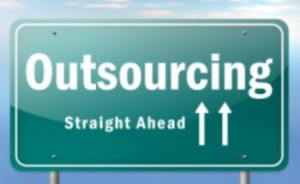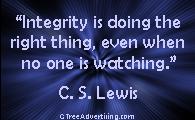Potty  mouth? Hardly. The F Word referred to here is “Free.” Because people love free stuff, advertisers love to use free stuff to attract customers. “Free gift with purchase!” “Free Delivery!” “Buy One Get One Free!” It sounds good, but even free comes at a cost, and you need to be sure to consider the cost of free stuff when you advertise it. The value of the free item or service must be considered part of the cost of your marketing or advertising.
mouth? Hardly. The F Word referred to here is “Free.” Because people love free stuff, advertisers love to use free stuff to attract customers. “Free gift with purchase!” “Free Delivery!” “Buy One Get One Free!” It sounds good, but even free comes at a cost, and you need to be sure to consider the cost of free stuff when you advertise it. The value of the free item or service must be considered part of the cost of your marketing or advertising.
Case in point:
A client told me they once had a very successful campaign offering a free car wash with purchase of an oil change. They were really happy because they got such a cheap deal on the ad itself; it was a special package, and cost “only” $250. With 11 coupons redeemed, they were delighted with their success. “Hold on,” I said. “Let’s figure out how much your advertising campaign actually cost.” The value of the free car wash was $5.95. Multiply that by 11 and add it to the cost of the ad. $250 + $65.45 = $315.45. Revenue from those 11 oil changes @ $24.95 each was worth $274.45. At this point, I can probably stop doing the math for you. They had not thought far enough ahead to know how many coupons would need to be redeemed for them to make money. (The magic break-even number is 14. Anything less and they’re in the hole.)
“Free” can be music to a consumer’s ears. Just make sure you can really afford to give it to them. And make sure they don’t have to jump through unreasonable hoops to get it.







